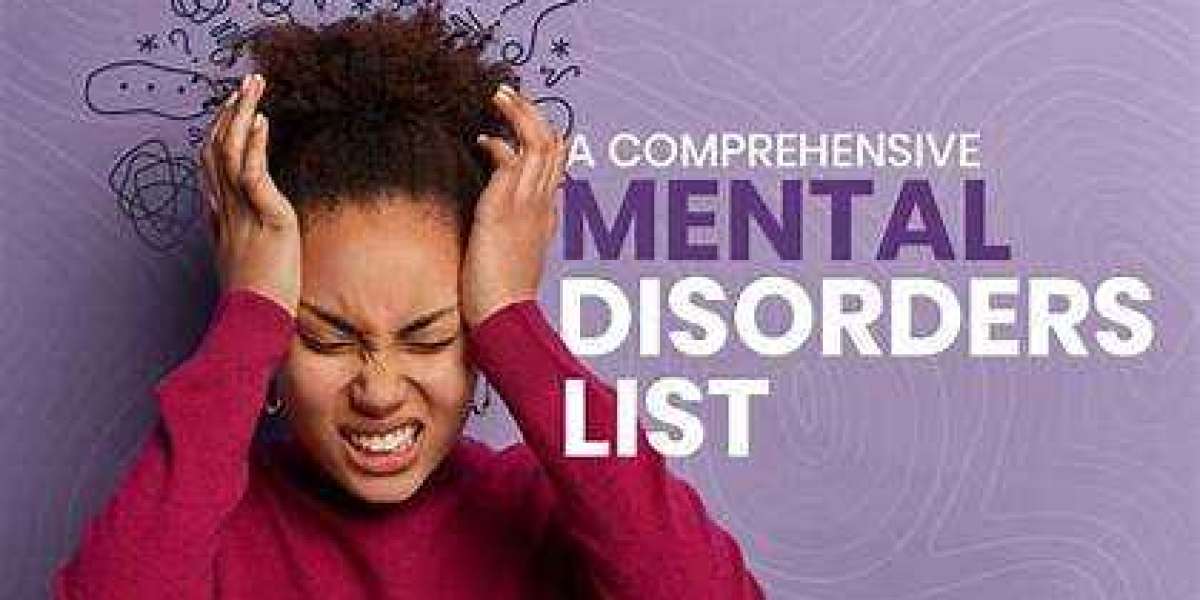Mental health challenges are more common than many people realize, but they are also highly treatable. For individuals who need support without the intensive commitment of a hospital stay, outpatient programs for mental health offer a flexible, effective, and empowering solution. In this guide, we’ll explore what outpatient programs are, how they work, their benefits, and who might benefit from them intensive outpatient program mental health. ?
What Are Outpatient Mental Health Programs? ?
Outpatient programs for mental health are structured treatment plans designed to provide care and support for individuals facing psychological or emotional challenges—without requiring them to stay overnight in a hospital or treatment facility. These programs are ideal for people who need professional help but still want to maintain their daily routines, such as work, school, or family responsibilities.
Outpatient programs can be provided in a variety of settings, including:
- Mental health clinics ?
- Private practices ?️
- Community health centers ?
- Virtual or online therapy platforms ?
These programs can vary in intensity, ranging from just a few hours a week to several sessions per day, depending on the individual’s needs.
What Services Do Outpatient Programs Offer? ?
Outpatient mental health programs typically include a combination of the following services:
Individual Therapy ?️
One-on-one sessions with a licensed therapist to address personal challenges, develop coping strategies, and work on emotional regulation.Group Therapy ?
Facilitated by mental health professionals, group therapy allows individuals to share their experiences in a supportive environment and learn from others facing similar struggles.Family Therapy ????
Involving loved ones in the treatment process can help improve communication, resolve conflicts, and create a stronger support system.Medication Management ?
Regular check-ins with a psychiatrist to monitor the effectiveness of medications, adjust dosages, or explore new treatment options if necessary.






